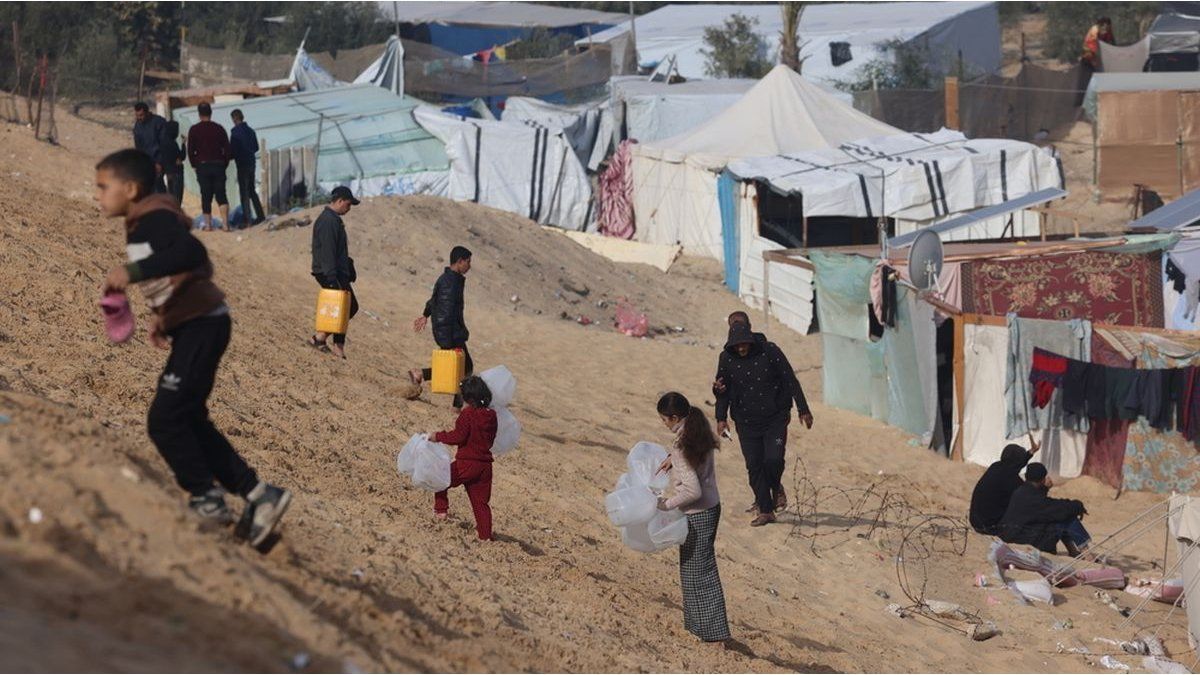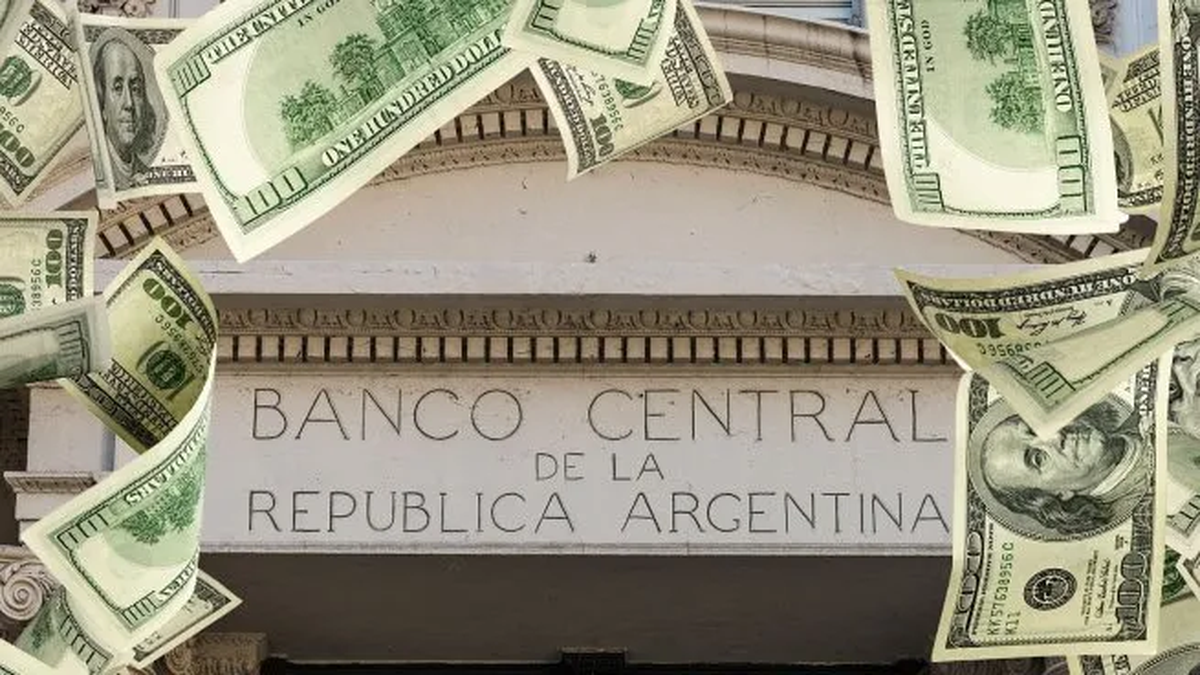Amidst the destruction of the Gaza Strip, A Palestinian engineer has created a homemade desalination system with wood and glass to supply drinking water to its neighbors affected by the shortage of this vital commodity.
The device devised by Ines al-Gul consists of a Large-capacity container built with wood from the few pallets of humanitarian aid that enter the territory and glass recovered from the ruins of bombed buildingsBeneath the glass, salt water from the sea or the water table evaporates and condenses into droplets of distilled water which, through a long black tube, reach other conduits filled with activated carbon for better filtration.
“It’s a very simple mechanism, easy to use and easy to build”says this 50-year-old agricultural engineer, who lives in the city of Khan Yunis, in southern Gaza.
GAZA, drinking water 2.jpg
The serious lack of water has important consequences for the health of children, who represent around 50% of the population.
Courtesy of Doctors Without Borders
Getting drinking water there was already difficult before the war with Israel.triggered after the deadly Hamas attack on October 7. But the situation has worsened with the conflict that, according to the NGO Oxfam, has made the the amount of water available in this Palestinian territory would sink by 94%.
Use of renewable energy
Every Gazan now has 4.74 liters of water per day“less than a third of the minimum recommended in emergency situations,” the organization assures. Without supplies for months and with the only power station in the enclave paralyzed, Al-Gul’s system has the advantage that it “does not require electricity or solar panels”.
“We just need sunshine,” says the engineer. This is one of the few things that is not in short supply in Gaza, with an average of 14 hours of sunshine per day in summer and eight hours in winter.
“We have been drinking clean water for two months thanks to this system,” Mohamed Abu Daud, a displaced Gazan, told AFP.
Water shortages were a common problem in this coastal territory, where, According to the UN, poor sanitation infrastructure has led to most groundwater being contaminated by improperly treated wastewater.. In addition, the water reserve of this territory on the edge of the desert is overexploited. The level is falling and sea water is infiltrating, which increases the salinity of these waters.
The engineer installed her device in a school transformed into a shelter for displaced people where several families are waiting to refill their small plastic bottles.The bin has a capacity of 250 litres but is quickly emptied due to the enormous needs of the population.
Vital resources are weapons of war
Oxfam accuses Israel of using “water as a weapon of war” and denounces “a deadly health catastrophe” for the 2.4 million Gazans, almost all of whom have been forced to flee at least once because of the war. The NGO claims that “the Israeli attacks damaged or destroyed its five sanitation and water supply facilities.” every three days since the beginning of the war.”
As a result, “26% of Gazans are severely affected by easily preventable diseases.”
Ines al-Gul watches her device like the apple of her eye. But With the incessant bombings, “nothing is ever safe,” the people of Gaza repeatedly warnThis does not prevent the engineer from regularly going up to her terrace, exposed to the sun and drones, to open and close her precious taps.
Source: Ambito




